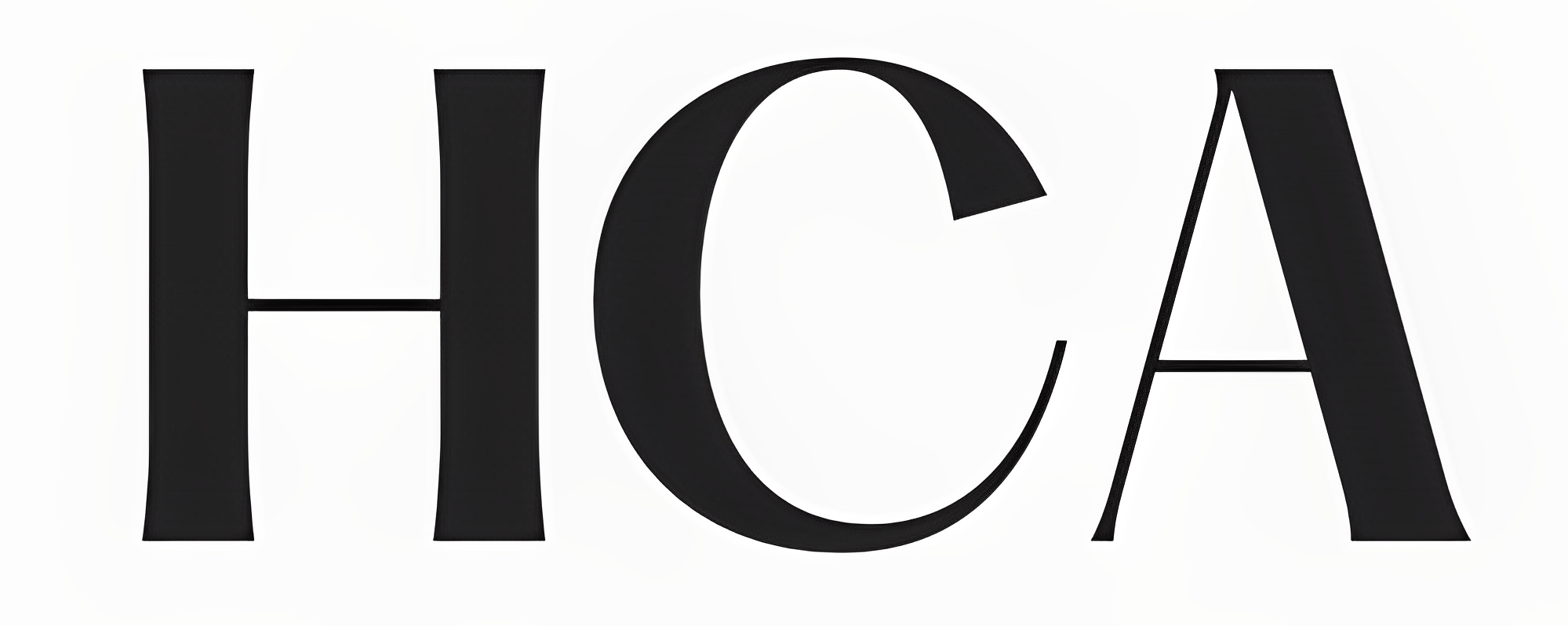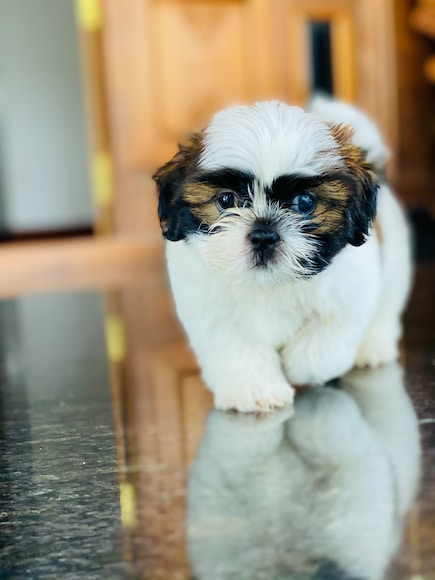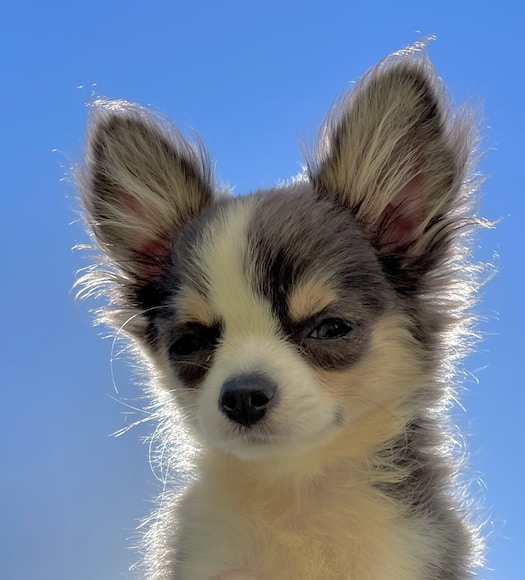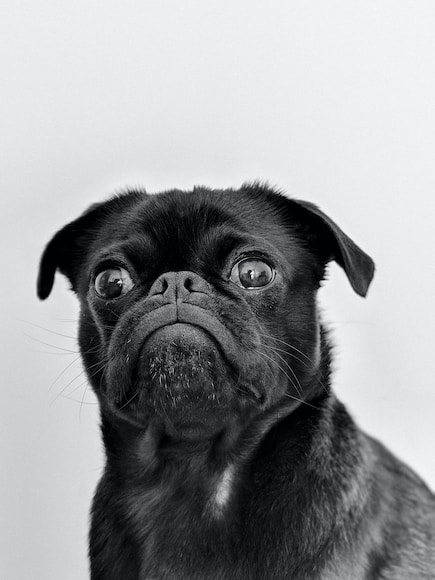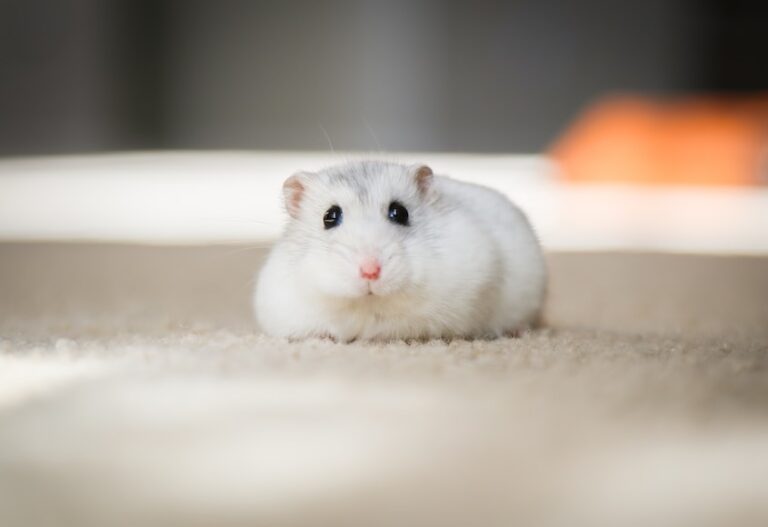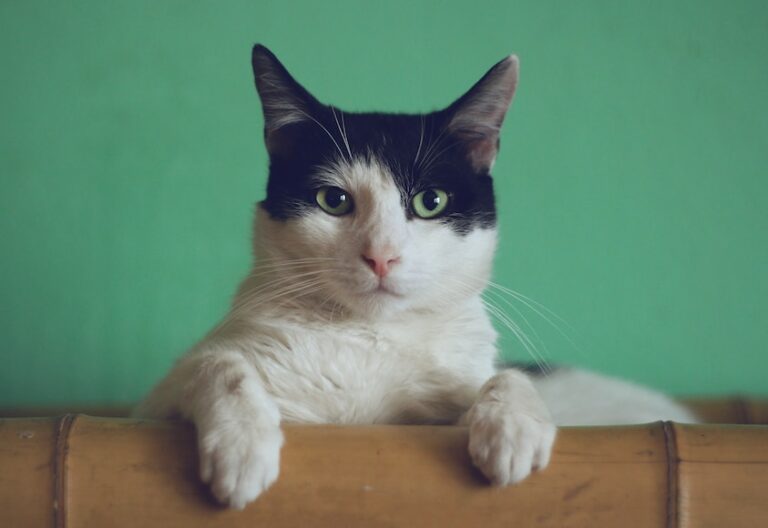Why do Cats Eat Their Hair? (This You Must Know)
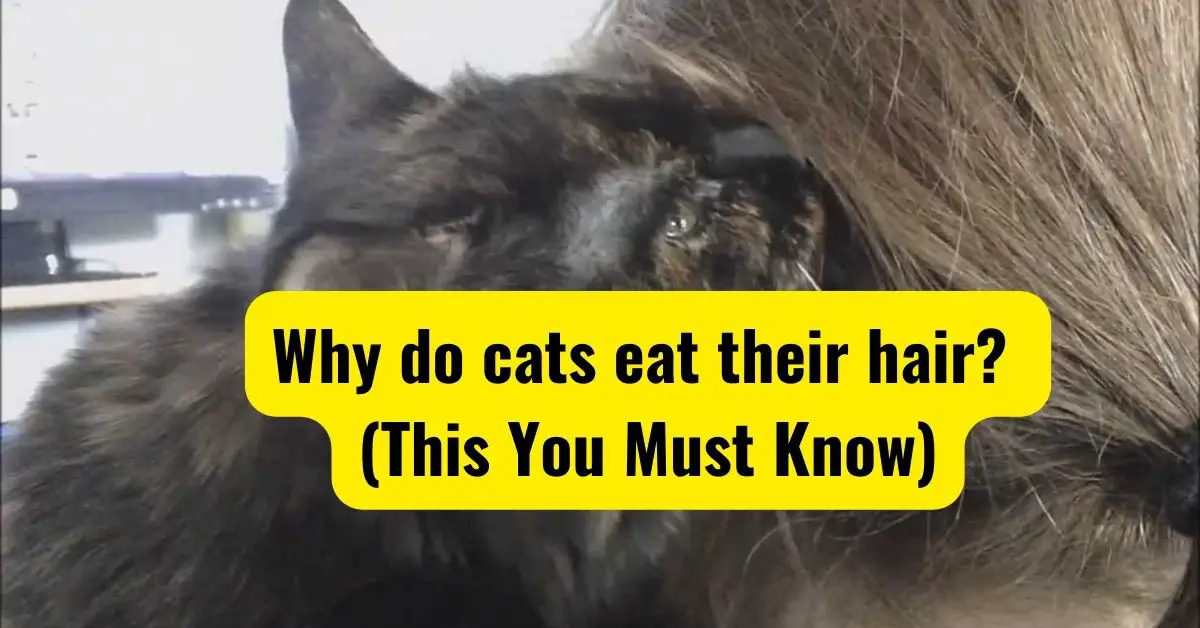
Are you worried because your feline friend is exhibiting the odd behavior of eating their hair?
Fear not, this post will address your concerns.
We’ll delve into the reasons behind this peculiar action, ranging from old age to psychological factors and more. We’ll also discuss the potential implications for your pet, and offer helpful solutions.
Finally, we’ll answer some frequently asked questions on this topic. Now, let’s delve into the crux of the matter.
Why do Cats Eat Their Hair?
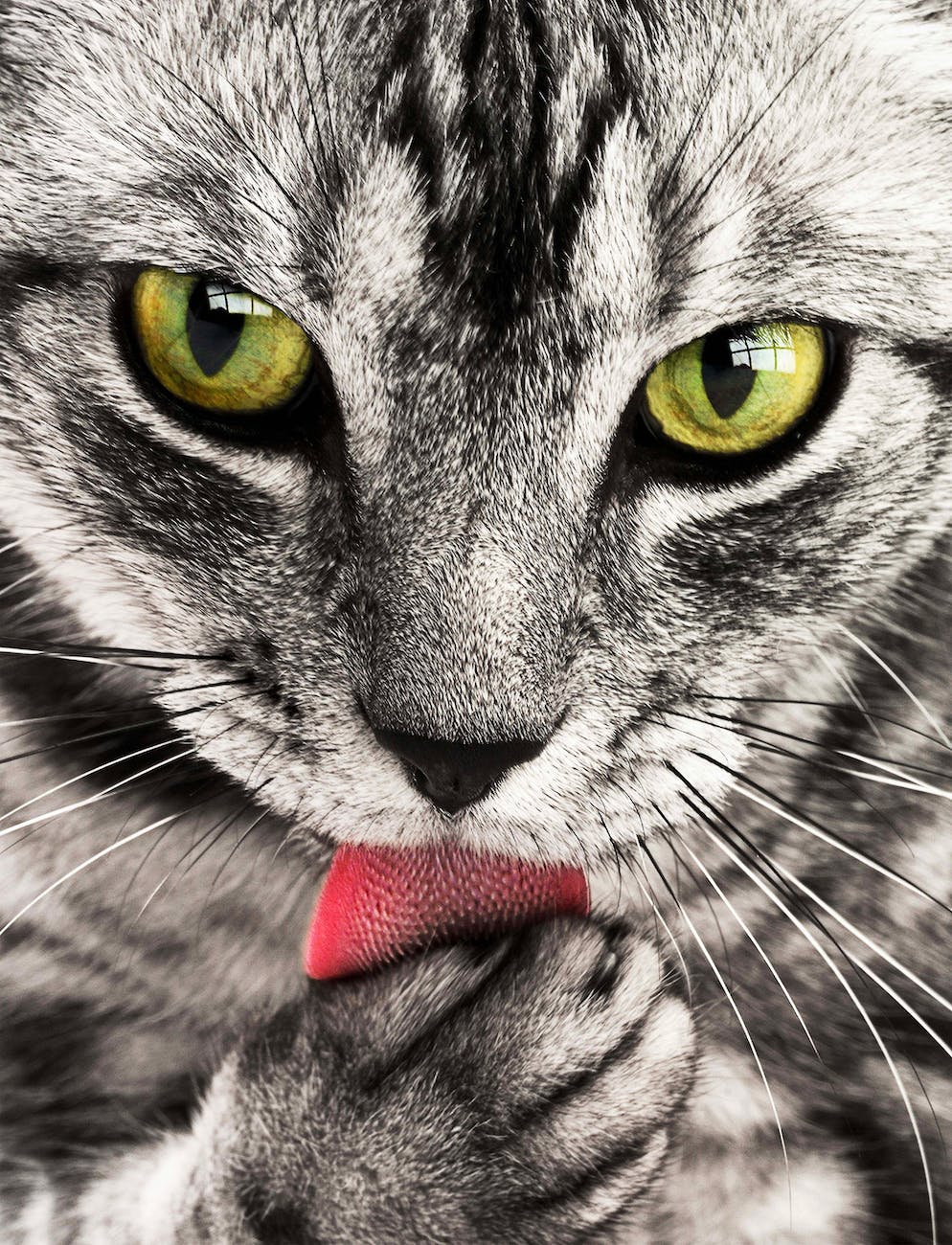
At first glance, it may seem peculiar for a cat to eat its own hair. However, this is a common occurrence and can be attributed to several factors.
There are many reasons why your cat might indulge in this behavior. For instance, the act of grooming itself might lead to accidental hair consumption.
Besides, if your cat is dealing with stress, boredom, or is seeking attention, they might resort to eating their hair. Furthermore, your pet may be experiencing a nutrient deficiency or have other medical problems causing this behavior.
Old age:As your cat ages, their grooming habits change. Their inability to groom efficiently might lead to them swallowing more hair than usual.
Parasitic infection and other health issues: Parasitic infections such as fleas or ticks could cause your cat to excessively groom and eat their hair. On the other hand, serious health conditions like cancer or thyroid problems can lead to similar behaviors. Also, conditions like alopecia, dry skin, or fungal infections could be a cause.
Psychological factors:Psychological factors should never be ruled out when discussing cat behavior. Anxiety, stress, and boredom can lead to over-grooming and subsequent hair consumption.
Read Also: Why Cat pull out their hair?
Is it normal and what happens after eating cat hair?
While it’s common for cats to ingest some hair while grooming, excessive hair-eating is not normal and may indicate an underlying issue.
Hair ingestion can lead to hairball formation, which could cause blockage in the cat’s digestive tract, leading to discomfort or more serious health issues.
Infact, excessive hair consumption can cause hairballs to form in the cat’s stomach.
If not expelled, these could lead to severe health complications like intestinal blockages.
How do I get my cat to stop eating her hair?
If your cat is eating their hair excessively, consider these solutions:
Change Diet and Supplements: Modify your cat’s diet to address any nutritional deficiencies. A diet rich in fiber can also help prevent hairball formation. Additionally, consider providing supplements to boost overall health.
Address Triggers:Identify and remove any potential triggers for stress or boredom in your cat’s environment.
Treat the Cause: If the hair-eating is due to a health condition, treating the underlying cause can help resolve the behavior.
Seek Veterinarian Help: If the behavior persists, it’s best to seek advice from a vet. They can diagnose any underlying medical issues and provide appropriate treatment.
What is pica in a cat?
Pica in a cat is when they eat things that are not food.
This might include things like paper, plastic, or even clothing.
It’s not normal cat behavior, and it can be dangerous because these non-food items can’t be digested and may cause health problems.
If you notice your cat eating strange things, it’s important to talk to a veterinarian to figure out why they’re doing it and how to stop it.
Why Do Cats Eat The Hair Off The Floor?
Cats might eat hair or other small things they find on the floor because of a few reasons:
Curiosity: Cats are naturally curious animals, and they explore their environment with their mouths. If they come across something interesting like hair, they might give it a taste.
Texture: Some cats are attracted to the texture of certain materials like hair. They might find it interesting to chew on or play with.
Pica: As mentioned earlier, some cats develop pica, which is the tendency to eat non-food items. This can include hair. It’s not entirely understood why some cats do this, but it might be related to nutritional deficiencies or behavioral issues.
Stress or Anxiety: Cats sometimes exhibit unusual behaviors like eating non-food items when they are stressed or anxious. Chewing on things can be a way for them to cope with their emotions.
If you notice your cat eating hair or other non-food items regularly, it’s a good idea to consult with a veterinarian. They can help determine if there are underlying health issues or behavioral problems causing this behavior and recommend appropriate solutions.
Conclusion
While it’s normal for cats to ingest some hair during grooming, excessive hair-eating can be a cause for concern. It’s important to monitor your cat’s behavior and seek veterinary assistance if necessary.
Your vet can identify underlying causes, which can range from stress or boredom to more serious health issues, and recommend suitable treatments.
FAQs
Do cats digest their own hair?
Cats can’t fully digest their hair, which often results in hairballs that they later regurgitate.
Why do cats chew off their fur?
Cats might chew off their fur due to skin conditions, allergies, parasitic infections, or even due to psychological issues like stress or boredom.
Why does my cat eat his fur after it falls off?
Your cat may eat their fur after it falls off as a part of their grooming routine or due to pica, a condition where they are compelled to eat non-food items.
Why does my cat keep licking and eating my hair?
Your cat may be licking and eating your hair as a form of social behavior or bonding. It could also be a sign of pica.
Why do cats try to eat their fur after brushing?
Brushing can loosen dead hair, which cats might ingest during grooming.
Why does my cat eat other cats’ fur?
Your cat might eat other cats’ fur due to a nutritional deficiency, out of curiosity, or due to the condition called pica.
Monitoring your cat’s behavior and maintaining regular veterinary check-ups are essential for their health and well-being. If your cat is displaying excessive hair-eating behavior, remember to stay calm and seek professional help. Your furry friend is relying on you!
